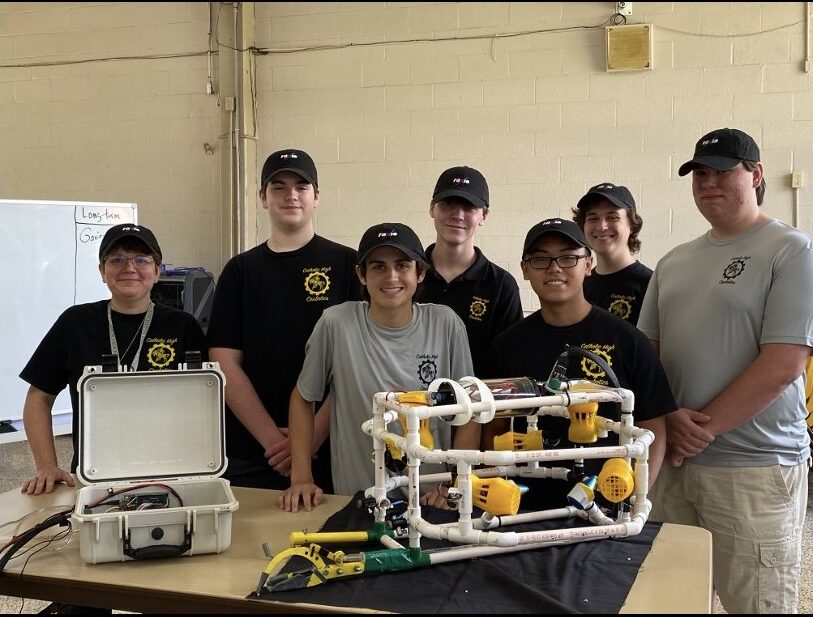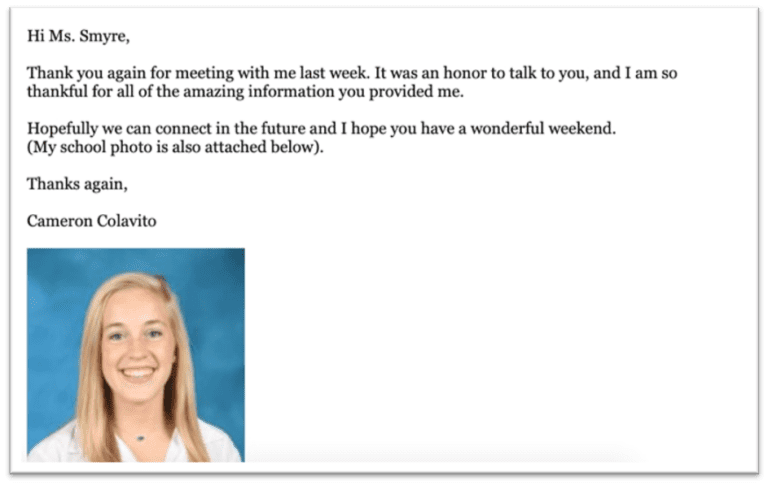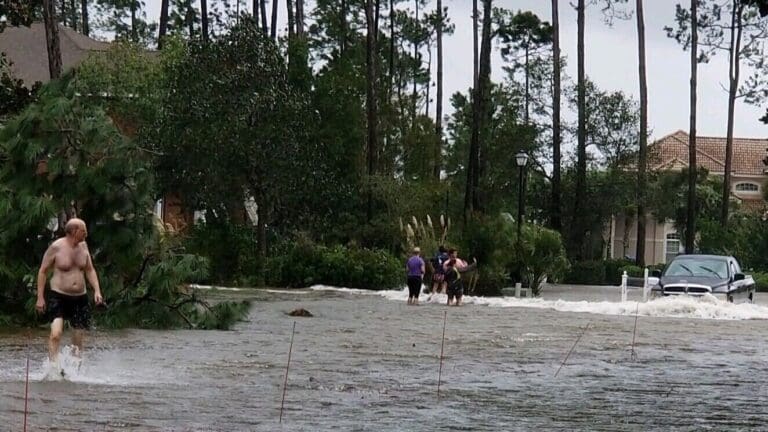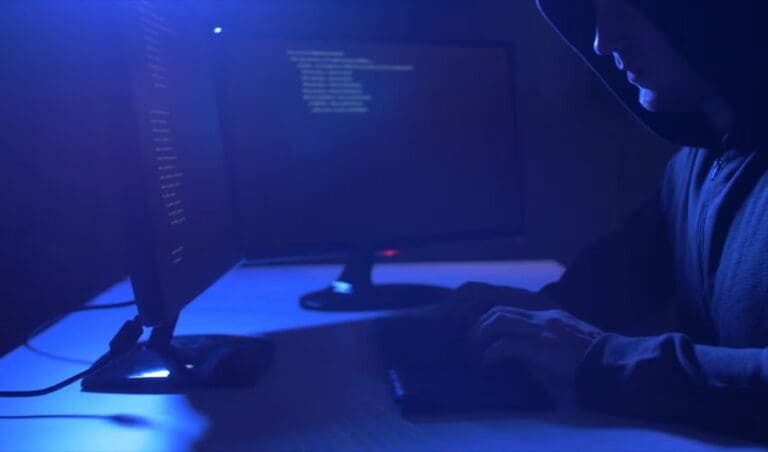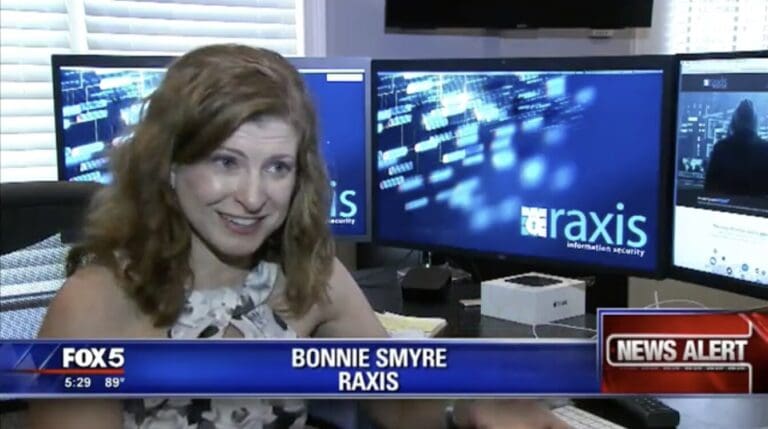Raxis Supports Pensacola ROV Team
Pensacola Catholic High School’s “Crubotics” team won MATE’s North Gulf Coast regional remotely operated vehicle (ROV) competition and is headed for the world championship in California. Raxis proudly celebrates this wonderful accomplishment by helping sponsor the journey.
Next week, 14 students and two teachers from Pensacola Catholic High School will travel to Long Beach, California to match their remotely operated vehicle (ROV) – designed to probe the ocean below the arctic ice – against other regional winners from around the world.
The competition is conducted by MATE (Marine Advanced Technology Education) whose mission is to use the development of the ROV to teach students both STEM skills as well as help develop an entrepreneurial mindset so that they develop the technology with an eye toward forming companies and creating jobs around it.
Crubotics – a portmanteau of robotics and the CHS Crusader mascot – has competed in the Northern Gulf Coast regional competition for the past five years, with the exception of a break for COVID. In April, the team bested the field and earned the right to travel to California for the world challenge.
“Of course, I was proud of the victory, but I was even more impressed by how they handled adversity. When things started to go wrong, they pulled together as a team, quickly and calmly developing a solution. It was incredible to watch.”
CHS Science Teacher Dana Lupton, team mentor
The ROV must enter the water through a hole in the ice, navigate to the ocean floor, and monitor and report back conditions in real time. As an added layer of difficulty, the ROV’s software must incorporate artificial intelligence (AI) that can identify schools of fish and estimate their numbers, locate and retrieve any dead fish, and stitch together a composite picture of the surroundings.

From California, the team won’t be testing the ROV in actual arctic conditions, but the challenges are formidable even in the controlled conditions of a swimming pool. For example, the ROV must enter the water through a hole in the ice, navigate to the ocean floor, and monitor and report back conditions in real time. As an added layer of difficulty, the ROV’s software must incorporate artificial intelligence (AI) that can identify schools of fish and estimate their numbers, locate and retrieve any dead fish, and stitch together a composite picture of the surroundings.
“This is a very complex blend of hardware and software that would challenge adults trained in these disciplines,” Lupton said. “To see a group of young people step in and take on the roles that emerged based on needs is a real inspiration.”
The trip to California is being underwritten in part by a sponsorship from Raxis, an Atlanta-based penetration testing firm with strong ties to Pensacola and the CyberCoast.
“It was intense curiosity about how things work that led me to a career in pentesting and ultimately to create a company of like-minded professionals. I’m absolutely thrilled to see high-school students taking on challenges like this because the payoff for them – and for our planet – will be immeasurable.”
Mark Puckett, CEO, Raxis
